Feel like you’re putting your brand out there, but no one’s really noticing? In Toronto, where everyone is constantly being advertised to, it’s easy for even the best marketing to get lost in the noise. Just being visible isn’t cutting it anymore.
Today’s consumers want more than polished ads or clever copy. They want something that makes them stop, feel, and remember. Something that draws them in with curiosity and makes them part of the moment.
That’s where experiential marketing comes into play. Instead of promoting from the sidelines, we invite people into the story. Through immersive experiences like pop-ups, VR demos, or creative brand activations at live events, we give them a real, tangible way to connect. It’s not just advertising. It’s creating a space for your audience to experience your brand in a way that sticks—deeply, personally, and with impact.
Key Takeaways
- Experiential marketing lets people experience your brand, not just hear about it
- Perfect for Toronto businesses looking to elevate their impact
- Smart, immersive experiences lead to successful experiential marketing results
- Let’s create experiences people remember, backed by research and real understanding
Understanding Experiential Marketing

What Makes Experiential Marketing Different from Traditional Marketing?
We’re not just pushing information. We’re inviting people to participate in immersive brand experiences.
Here’s the breakdown:
- Traditional marketing talks at people. Experiential marketing talks with them.
- Instead of focusing on ad placements and impressions, we focus on memory, emotion, and customer experience.
- It’s a shift from passive to active. From telling to doing.
Whether it’s a car brand offering test drives or a skincare company hosting product demos, we’re giving our potential customers something real to engage with.
How Experiential Marketing Campaigns Work
These experiential marketing campaigns work because they’re grounded in experience marketing. People love being surprised, immersed, and entertained. So we build marketing events that:
- Use VR, pop-ups, or live storytelling to immerse people in our brand’s narrative
- Encourage feedback, social media sharing, and real-time communication
- Focus on personalization, making each touchpoint feel tailored to the individual
It’s not just about one big moment. It’s about curating an entire journey for the consumer, driven by data collection and behaviour research.
Why Experiential Marketing Campaigns Resonate with Toronto Audiences

Toronto as a Hub for Innovation and Culture
Toronto is buzzing with creative energy. From Queen Street to corporate towers, there’s always something happening. For any marketer, that means endless chances to connect.
- Demographics here are diverse and engaged
- Locals value immersive experiences that are meaningful, not just flashy
- It’s a great testing ground for B2B activations, advertising, and sponsorships too
Whether you’re launching new products, hosting a trade show, or planning a guerrilla marketing campaign downtown, the city is your stage to showcase your brand.
The Role of Consumer Experience in a City That Craves Connection
People in Toronto want more than ads. They want stories. They want to feel something.
Experiential marketing brings us closer to our audience. It helps:
- Build emotional connections with our customers
- Differentiate our brand in a crowded market
- Earn genuine brand loyalty by giving something tangible and memorable
This works especially well for brands looking to foster deeper connections and boost their presence while earning long-term loyalty.
Building a Successful Experiential Marketing Campaign
Strategy Over Stunts: What Works in 2025
Forget gimmicks. Let’s talk business goals.
A smart XM strategy starts with:
- A clear goal tied to business results
- A strong understanding of demographics and behaviour
- A blend of physical activations and digital marketing channels
In 2025, it’s not about being loud. It’s about being immersive and meaningful. Using data and insights to continuously improve our marketing strategy.
B2B Opportunities: Using Experiential Marketing at Trade Shows and Corporate Events
For B2B brands, events like trade shows are gold. But only if we know how to use them.
Here’s what works:
- Interactive booths with storytelling and product demos
- Brand ambassadors who make real-time connections and boost credibility
- Exclusive offers that reward participation and drive sales
It’s a chance to turn conversations into conversions and bring brands to life with a unique experience.
Leveraging Marketing Channels to Boost Engagement
Experiential campaigns don’t end when the event does. We amplify them through:
- Social media: Encourage customers to share and tell their friends
- Content marketing: Turn experiences into blog features, videos, and case studies—a treasure trove of storytelling
- Email: Keep the connection going with curated follow-ups
With the right tools, we gather data that fuels future marketing efforts and helps refine our concepts.
How Experiential Campaigns Help Brands Convert and Elevate Engagement

Turning One-Time Interactions into Long-Term Loyalty
Anyone can get attention. What matters is what happens next.
To build brand loyalty:
- Follow up quickly and personally
- Reward engaging experiences with offers
- Listen to feedback and adapt using collected data
This helps us build a loyal base of customers who advocate for the brand and convert over time.
From Brand Awareness to Emotional Connection
Here in Toronto, we’ve seen firsthand how experiential campaigns can leave a lasting impression.
Think about:
- A sidewalk turned into an interactive art space
- A wellness brand hosting a sensory booth at a marketing event
What these had in common:
- Clear storytelling and a compelling narrative
- Strong customer experience
- Measurable impact on brand awareness and loyalty
This is powerful marketing that taps into human behaviour and emotion.
FAQ
What is experiential marketing in simple terms?
It’s a type of marketing that focuses on creating experiences. Instead of telling people about a brand, it lets them try, touch, and feel it in person.
What makes experiential marketing more effective than traditional ads?
People forget ads. But they remember how something made them feel. Experiential marketing builds emotional connections and brand loyalty.
Can B2B companies use experiential marketing in Toronto?
Absolutely. Trade shows, conferences, and live demos are ideal for business-to-business engagement. It makes marketing feel more personal and credible.
What kinds of events work best for experiential campaigns?
Pop-ups, demos, art installations, interactive booths, VR experiences—anything that gives your audience a unique opportunity to connect.
How do we track if an experiential campaign worked?
Track shares, signups, feedback, and sales. Combine with on-site data collection, digital tools, and follow-up research to get the full picture.
Conclusion
Experiential marketing is more than a trend. It’s a full marketing strategy shift.
In Toronto, where people crave meaning, it’s one of the best ways to connect.
By creating experiences that matter, we give people something to talk about. Something to feel. Something to share.
That’s how brands grow in 2025. And that’s why experiential marketing works.
Looking to bring your next brand experience to life?
We specialize in custom photo and video activations that turn live events into immersive, shareable moments. Whether it’s a branded 360 video booth, a sleek portrait studio, or a full-scale experiential campaign, we help Toronto businesses create events their audience won’t forget.
Let’s talk about your next activation!
Published by Vira Marketing.

